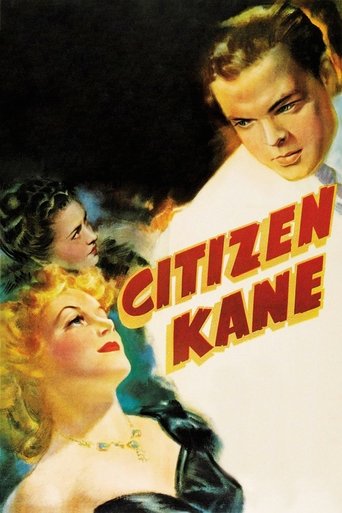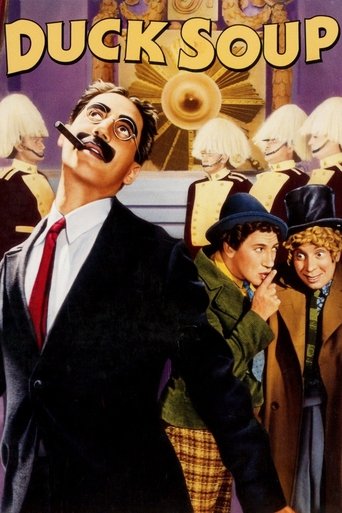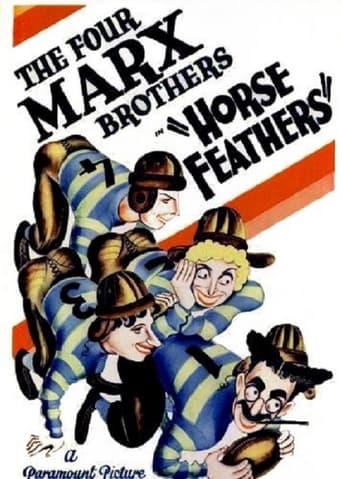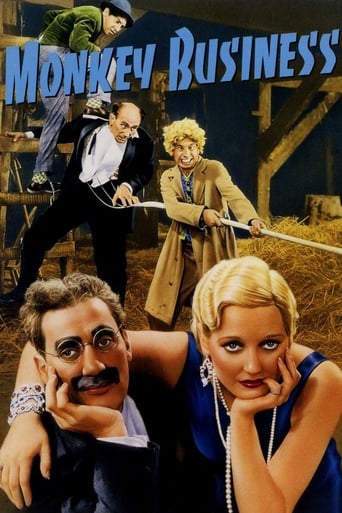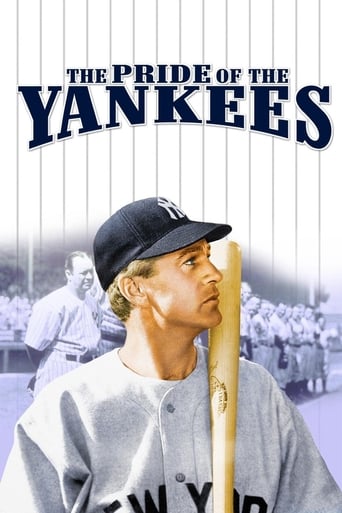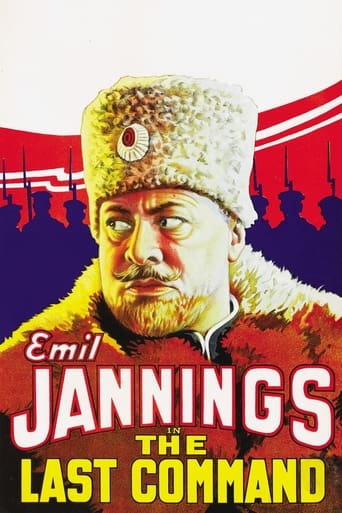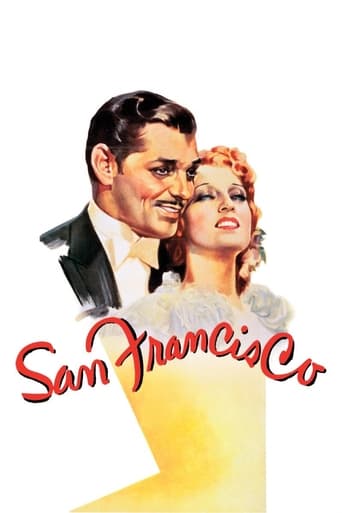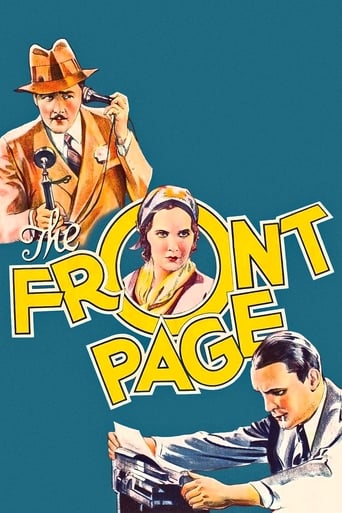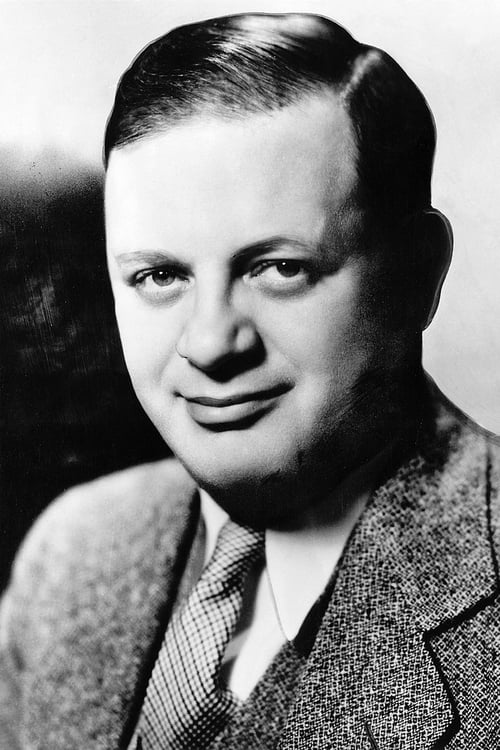
Herman J. Mankiewicz
Personal Info
Known For Writer
Gender Male
Birthday 1897-11-07
Deathday 1953-03-05 (55 years old)
Place of Birth New York City, New York, USA
Also Known As Herman Jacob Mankiewicz, Герман Джейкоб Манкевич
Herman J. Mankiewicz
Biography
Herman Jacob Mankiewicz (November 7, 1897 – March 5, 1953; New York City) was an American screenwriter, who, with Orson Welles, wrote the screenplay for Citizen Kane (1941). Earlier, he was the Berlin correspondent for the Chicago Tribune and the drama critic for The New York Times and The New Yorker. Alexander Woollcott said that Herman Mankiewicz was the "funniest man in New York". Both Mankiewicz and Welles received Academy Awards for their screenplay. Mankiewicz's younger brother was Joseph L. Mankiewicz (1909–1993), an Oscar-winning Hollywood director, screenwriter, and producer. His nephew Tom Mankiewicz (1942 – 2010) was also a screenwriter and director. He was often asked to fix the screenplays of other writers, with much of his work uncredited. Occasional flashes of what came to be called the "Mankiewicz humor" and satire distinguished his films, and became valued in the films of the 1930s. The style of writing included a slick, satirical, and witty humor, which depended almost totally on dialogue to carry the film. It was a style that would become associated with the "typical American film" of that period. Among the screenplays he wrote or worked on, besides "Citizen Kane", were "The Wizard of Oz", "Man of the World", "Dinner at Eight", "Pride of the Yankees", and "The Pride of St. Louis". Film critic Pauline Kael credits Mankiewicz with having written, alone or with others, "about forty of the films I remember best from the twenties and thirties. ... he was a key linking figure in just the kind of movies my friends and I loved best.". Mankiewicz was an alcoholic. Ten years before his death, he wrote: “I seem to become more and more of a rat in a trap of my own construction, a trap that I regularly repair whenever there seems to be danger of some opening that will enable me to escape. I haven’t decided yet about making it bomb proof. It would seem to involve a lot of unnecessary labor and expense". A future Hollywood biographer went so far as to suggest that Mankiewicz’s behavior “made him seem erratic even by the standards of Hollywood drunks.” Herman Mankiewicz died March 5, 1953, of uremic poisoning, at Cedars of Lebanon Hospital in Los Angeles.
Known For
Writer
as Writer
as Screenplay
as Screenplay
as Screenplay
as Writer
as Screenplay
as Screenplay
as Screenplay
as Writer
as Writer
as Screenplay
as Characters
as Screenplay
as Screenplay
as Screenplay
as Screenplay
as Screenplay
as Story
as Staff Writer
as Writer
as Original Story
as Screenplay
as Writer
as Dialogue
as Original Story
as Writer
as Writer
as Writer
as Adaptation
as Writer
as Writer
as Screenplay
as Screenplay
as Writer
as Writer
as Writer
as Screenplay
as Writer
as Writer
as Screenplay
as Writer
as Story
as Screenplay
as Screenplay
as Writer
as Adaptation
as Dialogue
as Screenplay
as Story
as Writer
as Adaptation
as Adaptation
as Writer
as Screenplay
as Dialogue
as Screenplay
as Adaptation
as Writer
as Dialogue
as Adaptation
as Writer
as Dialogue
as Story
as Writer
as Writer
as Dialogue
as Dialogue
as Writer
as Dialogue
as Writer
as Writer
as Dialogue
as Dialogue
as Dialogue
as Dialogue
as Dialogue
as Dialogue
as Screenplay
as Dialogue
as Dialogue
as Dialogue
as Dialogue
as Dialogue
as Dialogue
as Dialogue
as Dialogue
as Writer
as Writer
as Writer
as Writer
as Dialogue
as Dialogue
as Dialogue
as Dialogue
as Dialogue
as Dialogue
as Story
as Adaptation
Producer
as Producer
as Producer
as Producer
as Producer
as Producer
Actor
as Newspaperman (uncredited)
as (Undetermined Secondary Role)
as Newspaperman
Crew
as Thanks
as Additional Writing
